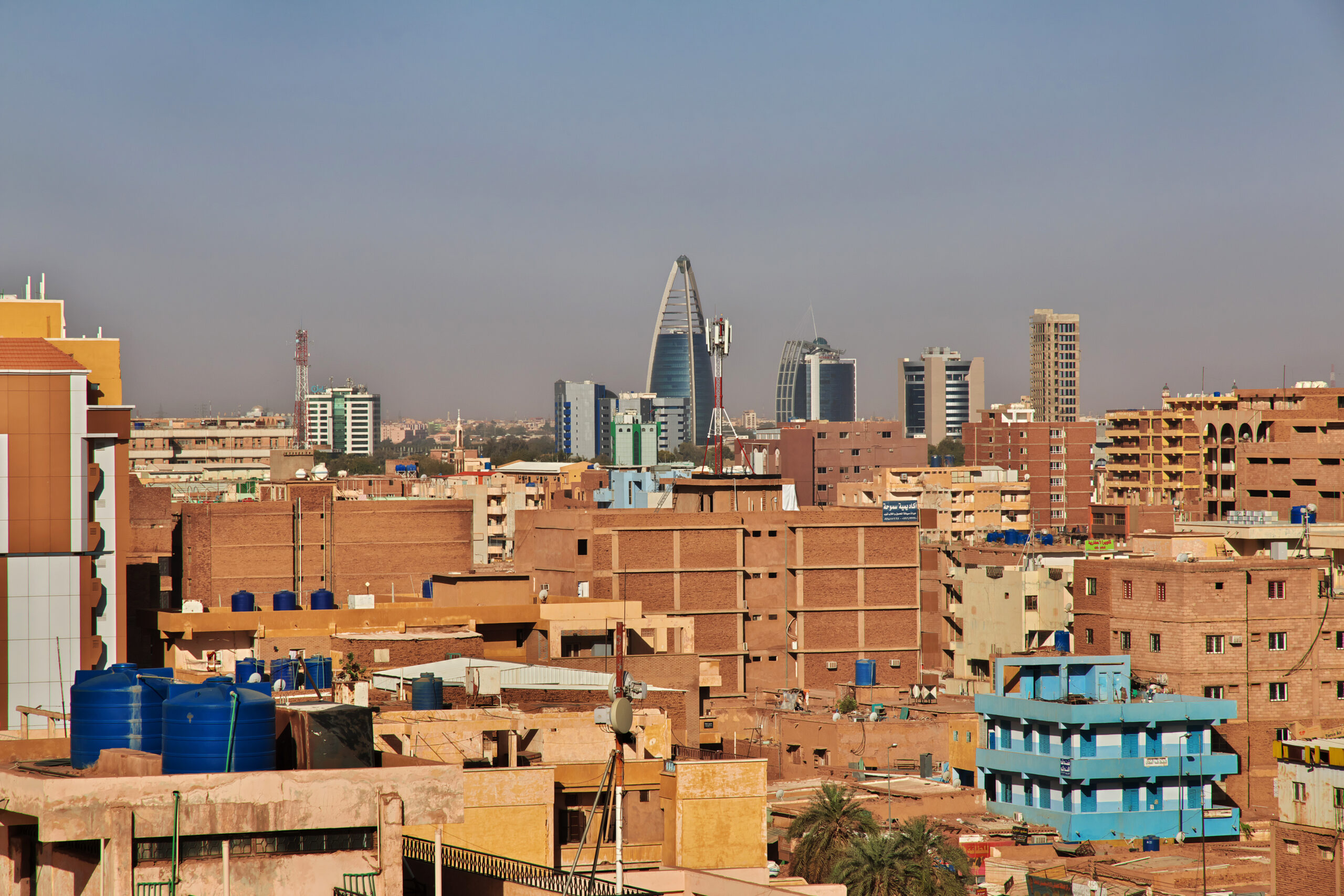Pivoting to Emergency Response in Sudan

The Challenge
Following more than three decades of authoritarian rule by Omar Al-Bashir, who was militarily ousted in April 2019 following a wave of peaceful protests, a power sharing agreement between civilians and military leaders was formed. The military coup in October 2021 disrupted the civilian-led government, and the outbreak of armed conflict between the Sudanese Armed Forces (SAF) and Rapid Support Forces (RSF) in April 2023 led to a catastrophic humanitarian emergency.Our Solution
Supporting Humanitarian Response
In August 2020, Chemonics launched a four-year program to support civil society actors to more effectively engage in the democratic process. However, the outbreak of conflict in 2023 necessitated a rapid pivot to address immediate humanitarian needs throughout Sudan. Key aspects of our holistic solution to this complex environment included:
- Supporting Emergency Room Response (ERR) initiatives: ERRs, comprised of volunteers, became the backbone of the humanitarian response across Sudan. Chemonics partnered with youth and capacity-building organizations to support ERRs in providing food supplies, medical kits, psychosocial support for displaced children, and essential health services in Khartoum, Kassala, Port Sudan, and the Northern States.
- Promoting peaceful coexistence: Chemonics fostered integration and acceptance among host communities and internally displaced populations (IDPs) through activities such as safe space events for women and children, psychological support, vocational training, and social cohesion messaging.
- Enhancing information resilience: Chemonics supported local partners to improve the capacity of civic actors and citizens to identify misinformation and promote accurate information sharing. This included training sessions for journalists and social media influencers to counter misinformation and ensure safety in conflict zones.


The Impact
Providing Necessary Aid and Information During War
Chemonics reached an estimated 13 million beneficiaries through support to and activities with host community government authorities, nongovernmental organizations (NGOs), nascent groups, media outlets, community groups, and others. Specifically, we engaged 31 media outlets, supported 143 women’s groups, produced 469 social media programs, and organized 359 dialogues. Our rapid pivot to responding to the humanitarian crises achieved critical impacts including:
- Emergency response rooms in Eastern Nile, Bahri, Karrari, Kassala and Burri received food supplies, medical kits, psychosocial support activities for displaced children, and essential and mental health services, reaching 20,267 beneficiaries immediately following the outbreak of the war.
- Mental health first aid services provided in Port Sudan and Kassala, as well as remote first aid to beneficiaries throughout Sudan reached 19,471 individuals.
- Training and coordination support for first aid groups included organizing the “Networking for Peace” group, coordinating first aid provision and outreach among 43 different groups, training 1,421 first aid responders, and establishing the Food Security Information Consortium.